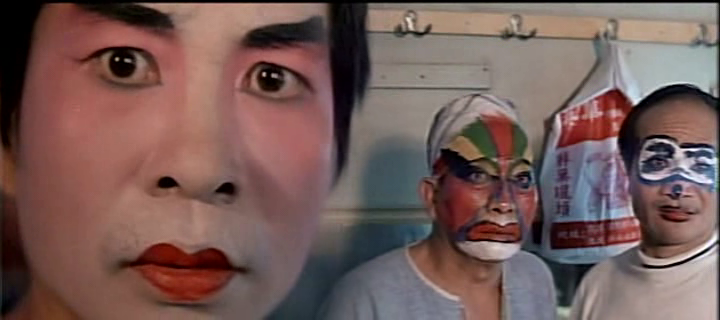Barry and Malcolm #2: Early Struggles with Identity

Malcolm Little, around 8 The second set of observations while reading, in parallel, both The Autobiography of Malcolm X and Dreams from My Father . Preliminary research for my next novel. Honestly, in reading the autobiographies of two of America's most defining cultural figures, you find a lot of similarities in their early lives. It's kind of stunning. However, one of the significant differences between how Barack Obama and Malcolm X grew up is that from a young age Malcolm's parents made him highly aware of his special skin tone, while little Barry's family seems to have actively sought to minimize any concern about pigmentation when he was young. Obama, in fact, had to figure things out on his own -- leastways, as he tells the story. Both situations are logical as far as they are described by these two. Early in his autobiography, Malcolm X notes that his parents seemed to treat him in opposite ways because his complexion was so much lighter than his siblings'...



